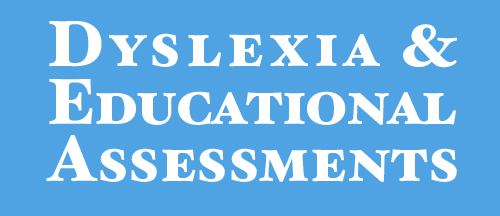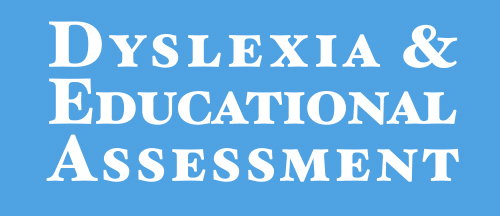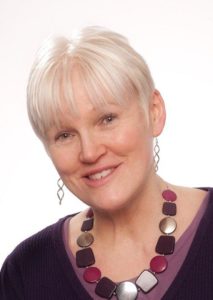 Contact me
Contact meCurrent SpLD Assessment Practising Certificate (APC) 2008 to present.
30+ years of assessment experience with children and adults
Current enhanced DBS Check
I am now based near central Horsham and working from home. Assessments take place in a converted dining room overlooking the garden, and there is a separate small waiting room for a parent or partner with an armchair, office desk, chair and internet access.
Contact
Email: alisonkdea@gmail.com
About Me
I have been working independently as a Specialist Assessor since 2010, after 21 years of primary school teaching experience in London and West Sussex, 13 of which were as a SENDCo/Literacy Teacher/Assessor.
I have extensive experience and knowledge of Dyslexia, Developmental Coordination Disorder (Dyspraxia), Autistic Spectrum conditions, Attention Deficit conditions and Speech and Language difficulties, and I keep my skills up to date by attending continuous professional development courses and conferences.
My main assessment aim is to ensure the child/adult is relaxed and comfortable. Nobody is ever asked to do something that is too difficult for them, and fortunately, my feedback tells me that people often seem to enjoy themselves!
Main Qualifications
- Current SpLD Assessment Practising Certificate (APC) 500002582-IF5652 (PATOSS)
- AMBDA (Associate Member British Dyslexia Association)
- Certificate of Competence in Educational Testing Level A (British Psychological Society)
- BA (Hons) PGCE RSA Cert Sp LD
- Current enhanced DBS check.
Full Diagnostic Assessments
- If a full diagnostic assessment does not reveal dyslexia, a report on the learner’s strengths and difficulties with recommendations for the future will be provided
- Assessments take about 3 hours, sometimes a little less for younger children, with a 15-minute break - more breaks can be built in if necessary. Adult assessments sometimes take a little longer. Everybody is different.
- Everybody is asked to bring a drink with them
- Toilet breaks can be taken freely
- I can give some general verbal feedback afterwards, but detailed feedback cannot be given until all the test papers are marked
- Reports will be emailed to the parent, student, or adult within a few days, and follow-up support by email or phone will be available if needed
- Reports are valid for life. If someone has dyslexia, they do not need to be retested for dyslexia again later.
- A diagnosis of dyslexia does not automatically qualify a student for exam access arrangements during GCSE or A Level exams. It all depends on the student’s practical everyday difficulties. Please see Exam Access Arrangements
- A report for ages 8 – 18+ will include recommendations and strategies for home, school, college, university and the future workplace.
If you have a question about this information, please contact me!
alisonkdea@gmail.com
FEES from January 2026
- Full diagnostic assessment for children aged 8 to 15 years £550
- Full diagnostic assessment for ages 16+ £560
- Full diagnostic assessment for adults in the workplace who also require evidence for a workplace needs assessment £570
I accept payment by bank transfer, which must be made within 24 hours of the appointment. I do not have a card machine.
Schools/colleges 7 days and Workplaces 30 days
Other Conditions
- Referral letters will be provided if there are signs of medical conditions in under 16s, e.g. dyspraxia (DCD), autistic or attention deficit conditions.
- Dyspraxia in people aged over 16 can be diagnosed, and educational recommendations can be made.
- Attention difficulties in over-16s can be provisionally identified and educational recommendations made, but the only way of obtaining a full diagnosis of attention deficit conditions for all ages is from a medical professional, e.g. a psychiatrist
- If autism is suspected, a referral letter to the GP can be provided. Autism at any age can only be diagnosed by a multi-disciplinary team of medical professionals. However, suitable educational recommendations can be made in a full diagnostic assessment report.
- The memory and processing difficulties of dyslexia often affect Maths, but dyscalculia is a separate condition. I do not provide full diagnostic assessments for dyscalculia because Maths specialists should do these.
Exam Access Arrangements
- Having a diagnosis of dyslexia does not qualify a student automatically for exam adjustments. Adjustments depend on the student's normal way of working, the history of difficulties and the results of tests for exam access arrangements.
- Most state and independent secondary schools conduct the GCSE or A Level access arrangements tests ‘in-house’ in late Year 9 or early Year 10. These can be short pencil and paper ones or laptop/tablet tests.
- If, for any reason, the secondary school cannot do these access arrangements tests, I can do them, provided parents contact the school first and request that a JCQ Form 8 be sent to me before the appointment. The tests can be done as part of a full diagnostic assessment at no extra cost, and the JCQ Form 8 will be returned to the SENDCo, who will make the final decision in partnership with the JCQ about which access arrangements need to be requested.
- Home-educated students may be able to obtain a JCQ Form 8 from their previous school or online education providers. Private candidates may also be able to obtain one from the SENDCo at their exam centre.
- Full diagnostic assessment reports can be used as evidence for necessary adjustments for ‘Common Entrance’ tests at independent schools
- Full diagnostic assessment reports for ages 8-18+ are valid for life and can provide evidence for necessary adjustments in the workplace, for university/college/public exams/tests, any professional/job-related training recruitment tests, etc and professional exams.
- A report can be used to support an application for the DSA (Disabled Students Allowance), which currently funds some extra tuition/equipment for degree-level courses.
Contact me
Email: alisonkdea@gmail.com



